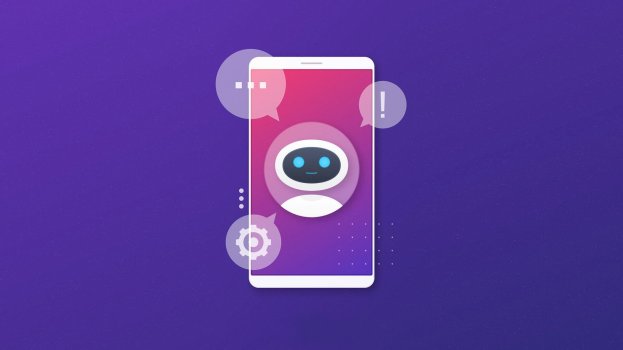If you read the news covering artificial intelligence (AI) developments on any given day, you may feel pangs of fear and dread. From the recent UN report on AI's potential to harm human rights to the use of AI in spyware to hack into journalists' phones, it can seem as though the developers and creators of AI applications have lost control of its powerful potential.
But these reports lose sight of the more effective and well-governed developments that are supporting and optimizing real work and the interchanges happening every day between humans and AI. When AI is approached comprehensively for how it can optimize an entire system-- including the humans within that system-- it has a higher chance of delivering meaningful impact.
The Global AI Agenda, an MIT report from March 2020, found that customer care was one of the top use cases for AI. 60 percent of executive respondents believe AI will play a role in 11 percent to 30 percent of their processes-- a considerable but not necessarily dominant influence on how most businesses operate. The overall acceleration of digital adoption has likely changed these metrics post-pandemic and the need to implement digital and AI solutions is now imperative to be competitive.
Bots are a good place to start.
One of the fastest areas of adoption for AI in the enterprise is chatbot applications. It's often a good place for companies to get started with AI and see quick results. By 2024, Insider Intelligence predicts that consumer retail spend via chatbots worldwide will reach $142 billion-- up from just $2.8 billion in 2019.
Continue reading: https://www.inc.com/brett-weigl/artificial-intelligence-is-not-a-strategy-it-is-a-customer-experience-accelerator.html
But these reports lose sight of the more effective and well-governed developments that are supporting and optimizing real work and the interchanges happening every day between humans and AI. When AI is approached comprehensively for how it can optimize an entire system-- including the humans within that system-- it has a higher chance of delivering meaningful impact.
The Global AI Agenda, an MIT report from March 2020, found that customer care was one of the top use cases for AI. 60 percent of executive respondents believe AI will play a role in 11 percent to 30 percent of their processes-- a considerable but not necessarily dominant influence on how most businesses operate. The overall acceleration of digital adoption has likely changed these metrics post-pandemic and the need to implement digital and AI solutions is now imperative to be competitive.
Bots are a good place to start.
One of the fastest areas of adoption for AI in the enterprise is chatbot applications. It's often a good place for companies to get started with AI and see quick results. By 2024, Insider Intelligence predicts that consumer retail spend via chatbots worldwide will reach $142 billion-- up from just $2.8 billion in 2019.
Continue reading: https://www.inc.com/brett-weigl/artificial-intelligence-is-not-a-strategy-it-is-a-customer-experience-accelerator.html

